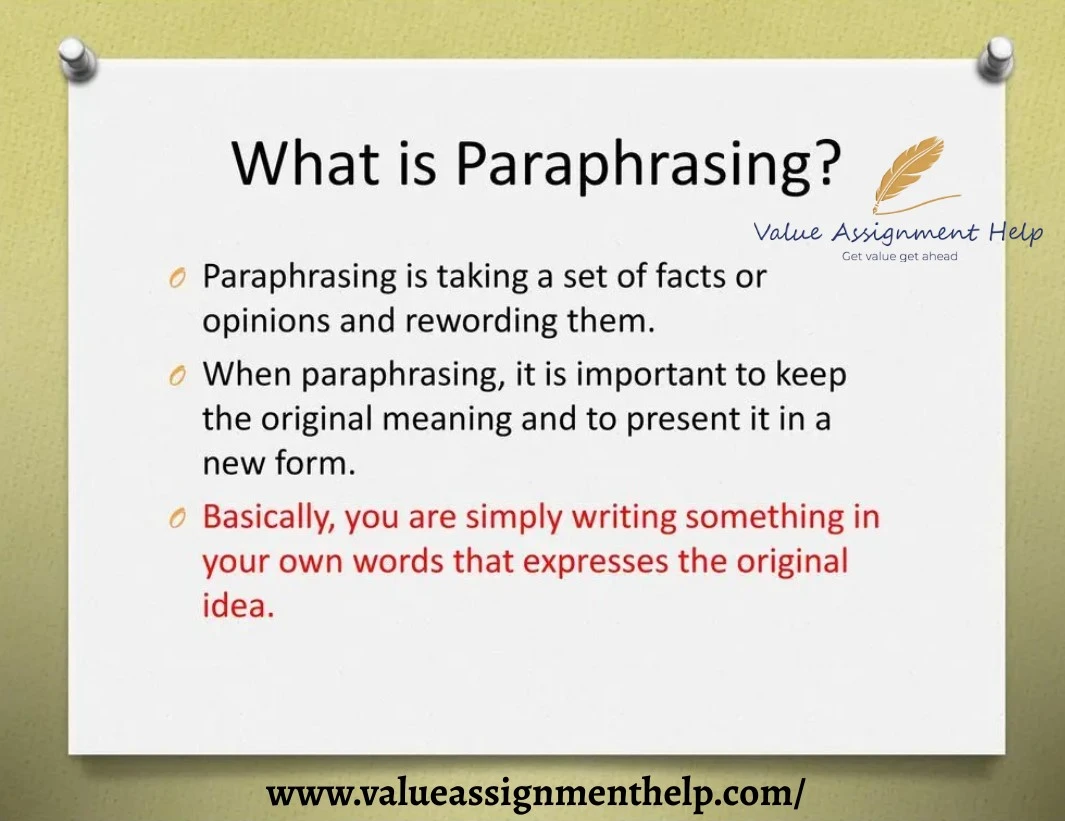Assignment
Achievement
Hire Experts
Reviews
Free Services
Grades
Offers
Order Now
Table of Contents
50,000+
Orders Delivered
4.9/5.0
Star Rating
100%
on-time delivery
24 x 7
Query Resolution
100 +
Subjects Catered
Our Experts
Reviews
Free Assignment Services
☞Title Pages - 100 Words
$05.00 free
☞Downloading Free Guide
$20.00 free
☞Upload Completed Tasks
$20.00 free
☞Genuine Content Report
$20.00 free
☞Consultation By Experts
$06.00 free
☞Unrestricted Revisions
$10.00 free
☞Grammar Check for Task
$25.00 free
☞Plagiarism Inspections
$25.00 free
Book Now and get Free Services Upto $0.00
Grades
Offers

1. PLACE YOUR ORDER
Whenever you fill out their order form, please read it carefully and then fill it out.

2. MAKE PAYMENT
Choose our secure payment method to pay for your order and collect your order from us with security.

3. GET YOUR DOCUMENT
Our writers write you plagiarism-free assignments and provide them to you before the deadline.
Our Experts

Search Assignments

Customers Reviews
While growing up and to date, we have witnessed multiple television shows or news that correspond to news or information from third parties. Even in personal life, we may have told our friends, family, or coworkers what happened, how it happened, and why about incidents related to us. We recounted the story, main characters, events and essential points using our own words. Such information correspondence - using one's own words to express a message or previously reported thoughts- accounts for rephrasing or paraphrasing. The source's ideas may be retained in a paraphrase, but the central idea for the concept for which the article is being rewritten should be according to the new writer, and the content too should be original. Any duplicate content or copy-paste of previous ideas will be considered plagiarism and may attract severe penalties even losing your college/university admission. For reference, even three similar words inserted from the old reference content will call for duplicacy.

Why bother paraphrasing when you have to cite the source, and also, it may also lead to plagiarised data? However, paraphrasing can come in handy in a few different situations with various benefits. Specifically, here are some common reasons to explain:
Sometimes you want to rewrite the original text in your own words—perhaps to fit your writing style or simply because you prefer your wording. In any case, paraphrasing allows you to choose your own words or phrases while keeping the core of the message the same.
Rewriting someone's text without changing the words is plagiarism. If you want to reiterate a sentiment or cite another person's research, you must at least put it in your own words or quote it directly, but overuse of citations can also be problematic, as we see below.
Citations are outstanding when the author said it best himself but uses too many citations, and you're essentially copying someone else's work. If you are constantly referencing the works of others, it is best to switch between paraphrasing and direct quotes to create a piece of your writing.
Finally, paraphrasing works wonders when condensing a long, lengthy quote to make it more digestible. Of course, some writers get paid by the word, but if you're writing something meant to be concise, you can interpret their original text more succinctly.
A well-researched dissertation usually results from paraphrasing and summarising multiple sources to produce an original paper that had not previously been published in any form. Therefore, if you plan to write your essay, you must know how vital paraphrasing and summarisation are in writing it correctly.
As you probably already know, this way of writing comes with many benefits. This section will discuss a few benefits of paraphrasing and summarising in essay writing.
Paraphrasing saves time. Writing a summary is faster than rewriting every sentence, so you'll finish your essay faster by explaining. What's more, if you have less material to work with, your work takes less time to complete.
Of course, essay writing isn't about stuffing words on a page; it's about being concise. Paraphrasing helps you to articulate your point more clearly and quickly. In short, your goal is to focus on only one or two main points.
Combining these strategies will help you get (and stay) on the topic while avoiding unnecessary repetition, leading to an efficient essay.
The main advantage of abbreviations and acronyms in essay writing is that it helps you avoid plagiarism. However, if you are writing a paper without first explaining and outlining your ideas, there is no guarantee that you will not accidentally incorporate someone else's language into your work.
It's tempting to reproduce what others have said about a topic when working on an essay for class, even if not as an essay writer. But the actual learning comes when you spin on an idea - and show that you understand how and why other people think they do.
To put these ideas into practice, first, make sure you fully understand your professor's assignment - you don't want to waste time with an essay that won't earn good marks.
You may find yourself stuck if you are required to write an essay on a topic you do not know much about. To adopt creative skills, try to be brief and concise with the content you feel is essential while going through someone else's point of view. Research well to justify the point of view brewing in your mind. Avoid opening multiple contents at the same time.
Disclaimer: all content and intellectual property remain the exclusive property of value Assignment Help




No Comments